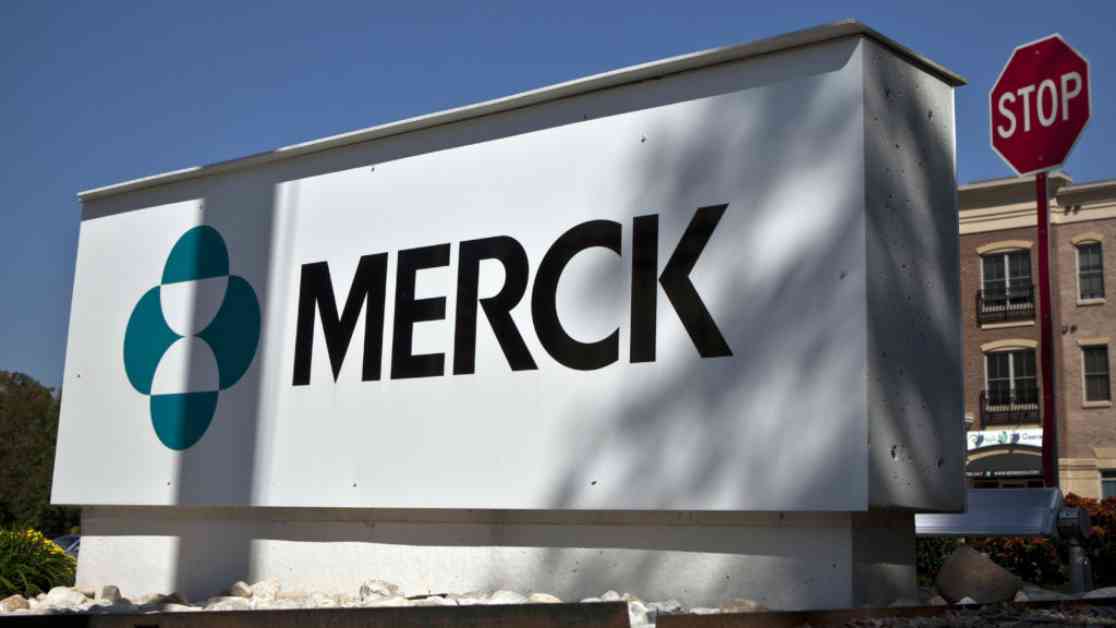Merck’s Bold Move: Slashing Diabetes Drug Prices
Merck, a pharmaceutical giant, made headlines at the dawn of the new year by taking a radical step in the realm of drug pricing. In a surprising move, the company decided to slash the list price of its diabetes drug Januvia by a whopping 42%. This decision stands out starkly against the backdrop of the industry norm, where drugmakers typically hike prices at the start of each year.
The rationale behind Merck’s unprecedented move was two-fold. Firstly, the company aimed to align the list price more closely with the net price of the drug, thereby benefiting patients, particularly those who pay through coinsurance. Secondly, Merck alluded to changes in the Medicaid rebate program slated for 2024. These alterations allowed Medicaid to pocket over 100% in rebates if drug prices exceeded inflation. As a consequence, Merck found itself in a predicament where its Medicaid rebate rate for Januvia surpassed 100%, resulting in financial losses for the company on Januvia prescriptions.
Notably, the Medicaid policy shift that influenced Merck’s decision had previously prompted other major players in the pharmaceutical industry, such as Eli Lilly, Novo Nordisk, and Sanofi, to slash list prices for their insulin products in 2023. However, this well-intentioned price-cutting strategy could inadvertently impede patients’ access to crucial medications. For instance, Novo’s decision to reduce the list price of its insulin product Levemir led to a reduction in rebates offered to commercial pharmacy benefit managers, ultimately leading to the drug’s discontinuation and causing significant disruptions for patients reliant on it.
Neumora’s Setback: Experimental Depression Drug Fails
In a disappointing turn of events, Neumora Therapeutics faced a setback as its experimental depression drug floundered in a Phase 3 study. The drug, which had shown promise as a potential alternative to SSRIs, failed to meet the study’s endpoint, sending Neumora’s stock plummeting by a staggering 83%. While the drug exhibited marginal efficacy in women, with a 14-point reduction in depression scores compared to a placebo, the results were less favorable in men.
This setback underscores the arduous journey to develop effective antidepressants, given the high rate of late-stage trial failures in this therapeutic space. Despite Neumora’s substantial funding of over $600 million and a robust pipeline of seven neuroscience drugs, the company faces significant challenges following this setback, with operational sustainability only guaranteed until 2026.
Expert Opinion: Reshaping the FDA for a Better Future
Lee Cooper, a seasoned biotech investor and ethical bio-innovation educator, advocates for a radical transformation within the FDA to enhance public trust and regulatory efficiency. Cooper proposes bifurcating the FDA into two distinct entities—one dedicated to drugs and devices, and the other to food oversight. This segregation, Cooper argues, would enable the FDA to refocus its efforts, streamline operations, and uphold stringent standards across the board.
The current scope of the FDA, encompassing food, cosmetics, tobacco, drugs, and medical devices, has led to a diffusion of focus and accountability, diluting the agency’s efficacy. By establishing a separate, drug-centric FDA, the regulatory body could better navigate groundbreaking biomedical advancements while ensuring unwavering standards in drug safety and efficacy.
Roche’s Strategic Expansion: Embracing Antibody-Drug Conjugates
Roche, a prominent player in the pharmaceutical landscape, has ventured deeper into the domain of antibody-drug conjugates (ADCs) through a strategic collaboration with Innovent Biologics, a China-based biotech firm. This partnership grants Roche access to ICI3009, an ADC currently undergoing Phase 1 trials for small cell lung cancer, with Innovent receiving an upfront payment of $80 million and potential milestone payments totaling up to $1 billion.
This alliance marks Roche’s continued foray into the realm of ADCs, building on previous collaborations with Innovent and other entities to bolster its presence in the oncology space. By leveraging innovative therapies such as ADCs, Roche aims to advance cancer treatment paradigms and deliver cutting-edge solutions to patients globally.

















